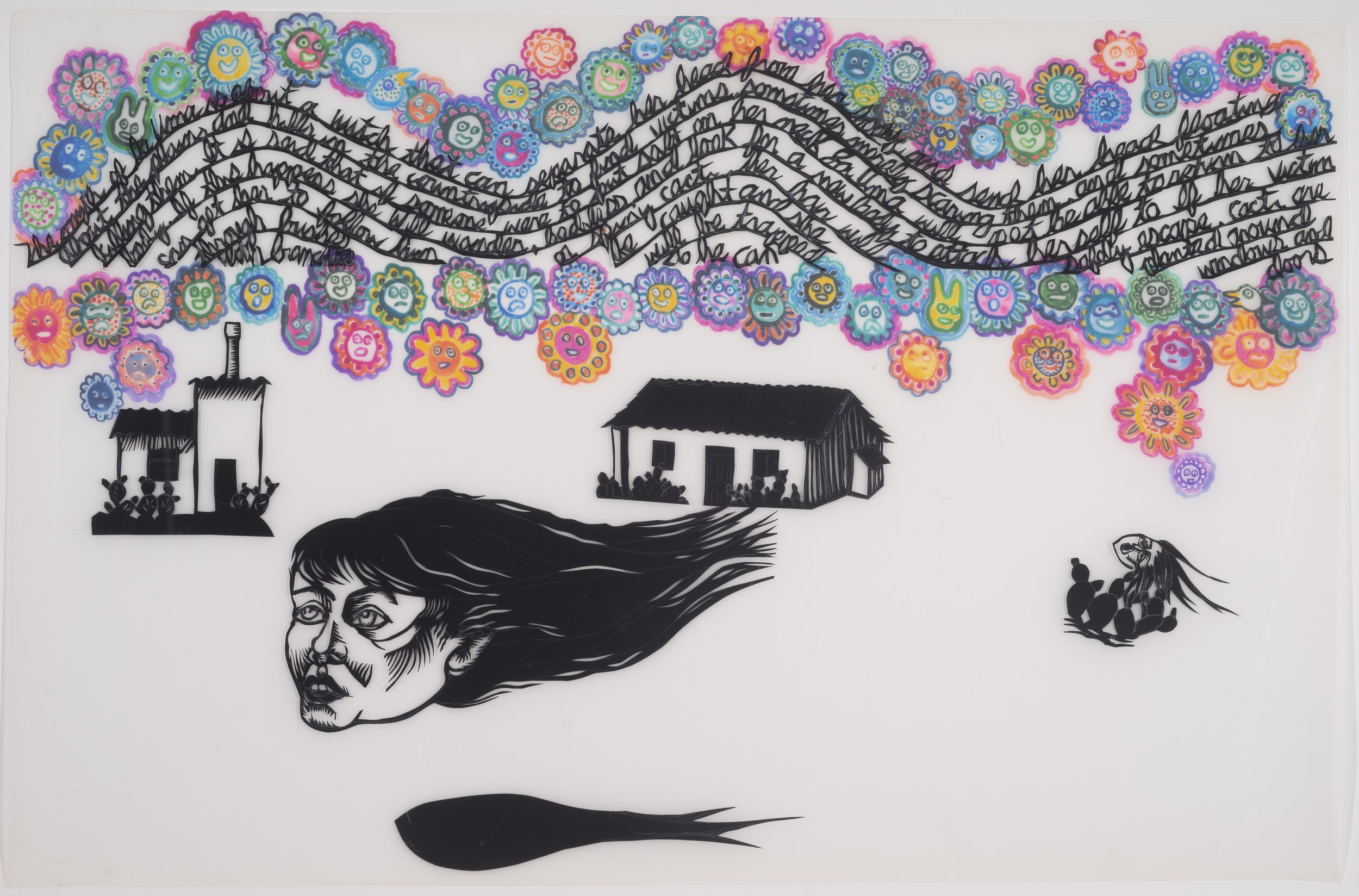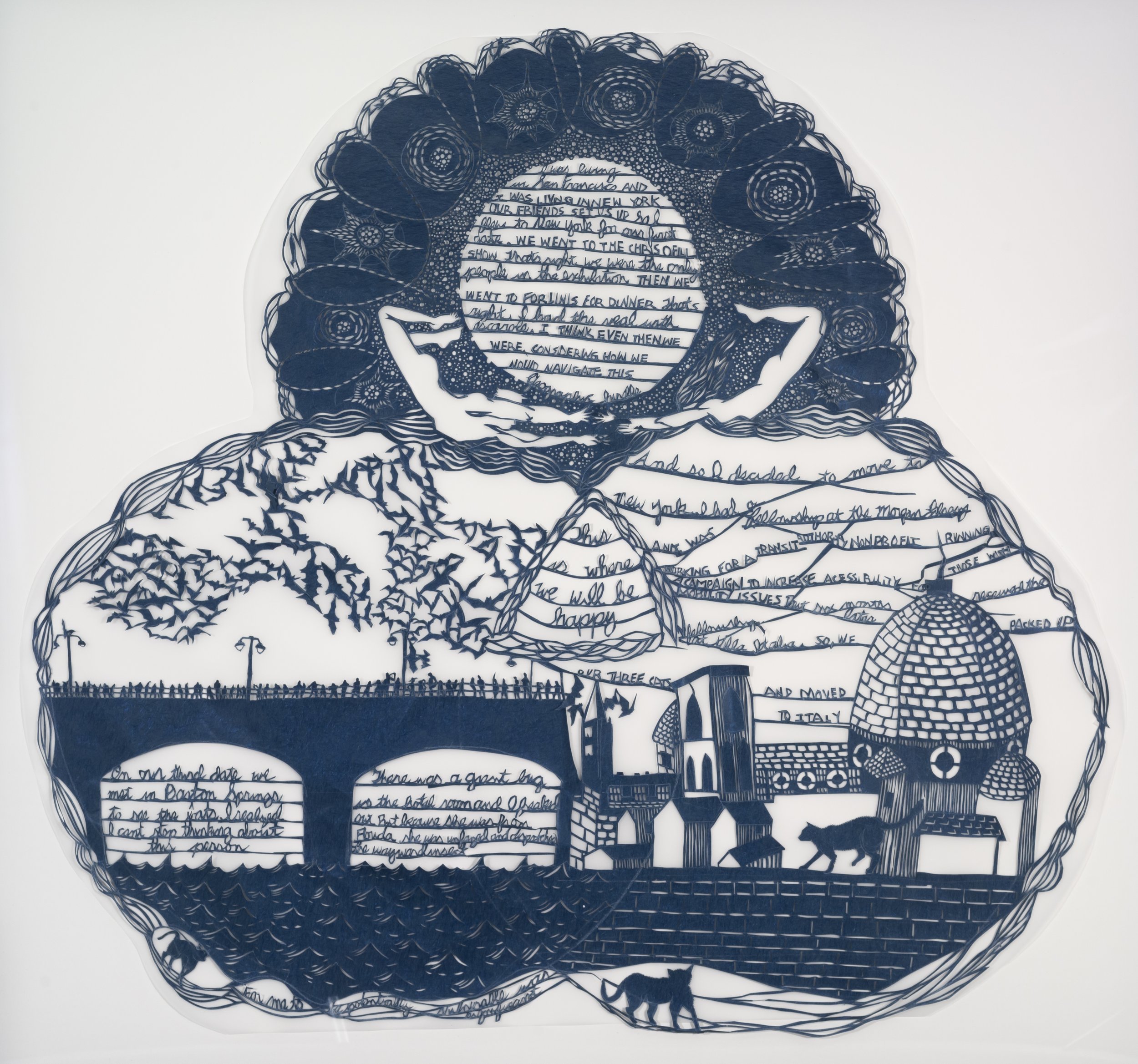



Los Condenados are part of a class of supernatural beings known as malignos-intermediary characters that because of their deficiencies personify modes of mediation or transition between two states-such as life and death, or health and disease. Many malignos are described as having feet pointed backward-this suggests a return to Precolumbian past and ancient Andean belief systems, which may have incorporated some of these supernatural beings.
They say the only way a Condemned is satisfied is by devouring someone else-often someone with whom they have a score to settle. This could be a friend or a lover to whom it swore an unfulfilled oath, or even a family member that grieved too much for their passing. There are others who simply wander, always hungry and never fulfilled, devouring unsuspecting travelers who stumble upon the place that they haunt.

There is a myth told in some parts of the Andes about a witch who has the ability to separate her head from her body, and send her head floating about the plains and hills to find victims. Sometimes she only scares them, although sometimes she kills them. If her victim can follow her through bushes with branches or spiny cacti, he hair will be caught and she will be trapped, allowing him to make his escape.
When the Spaniards arrived in Peru in the 16th century they employed male and female imageries to establish their own rule and to make inroads on the power of native women. Harassed economically and abused sexually, Andean women fought back, earning in the process the Spaniards’ condemnation as witches. Fresh from the European witch hunts that damned women for susceptibility to heresy and diabolical influence, clerics were predisposed to charge politically disruptive women with witchcraft. These very accusations provided women with an ideology of rebellion and a method of defending their culture.

The final piece in the series Eat a Peach, a series of papercuts made during the first two years of the pandemic. Throughout this time, I thought critically and deeply about the meaning of love in our culture. In our romantic lives, self-love, in our families, spiritual love, and love between friends. When most people think of love, they instinctively imagine the romance of fairytales; passionate, glamourous, and uncomplicated. In actuality, we know the truth to be very different. The types of love we feel are as diverse as those who experience it. Love informs our decisions and can strengthen our understanding of our communities.